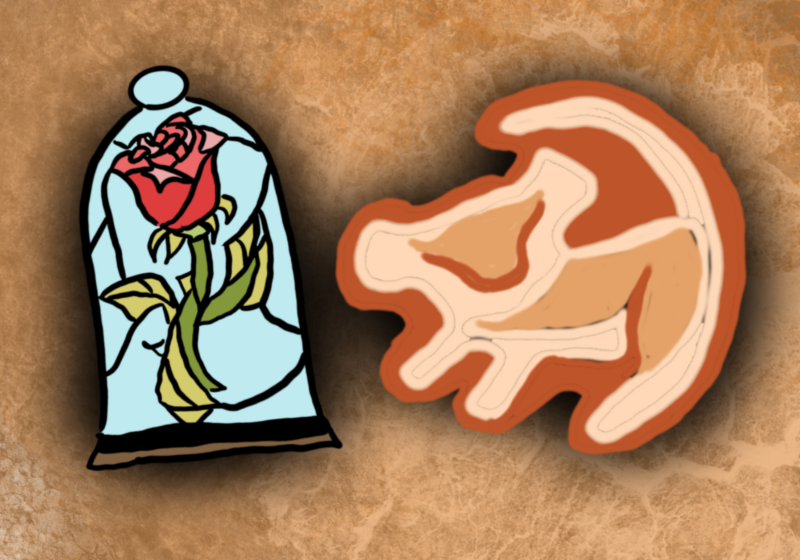An op-ed in the Nov. 17 issue of the Campus Times — “Palestinians protest by riding for freedom,” by Boian Boianov — expressed concerns about the recent Israeli refusal to allow certain Palestinians from the West Bank to take a bus to Jerusalem. This event was described by the author as “a show of defiance against the institutional discrimination that has commanded their lives for the past 63 years.” The use of “63 years,” however, suggests that the author is not referring to the West Bank.
Jordan controlled the territory until it attacked Israel in 1967, after which Israel captured the territory. Jordan was not recognized as a legitimate holder of the West Bank until 1967, and it does not claim this territory as its own today. For the past 44 years, the West Bank has been disputed between the state of Israel and the West Bank Arab residents. Despite the fact that Palestinians and their leadership continue to ignore the Jewish connection to the land of Israel, continue to call for the destruction of the Jewish State and call for Jewish blood, many optimists feel the Palestinians have proven a desire for a two-state solution. By saying 63 years, the author is referring to the length of time the state of Israel has persisted despite calls for its destruction.
You would figure people who are “simply fighting for their dignity and liberation” would discuss the issues at hand, such as Israeli settlement in the disputed West Bank. Instead, and unfortunately, too many of them feel that mutual recognition is too much to bear. By supporting Hamas, people reveal their preference to “not recognize the Israeli enemy, [or] his right to be our neighbor,” to quote Hamas leader Ismail Hanieh. The author tells us to “start listening to actual Palestinians,” yet the voices of those who desire resolution are overpowered by the vicous command to “slaughter the Jews!”
He calls Gaza a “defenseless and caged-in population.” Does he refer to Hamas, which embeds its Iranian-supplied weaponry in public buildings? He is more likely referring to a legal Israeli blockade, which was instituted after rockets started raining down on Israeli kindergartens.
The author’s comparison of Israel to South Africa under apartheid is an offensive distortion. Israeli public buses offer services to all Israeli citizens — Arab, Jewish and other. All buses that involve routes in the West Bank offer the same services to the same Israeli citizens. This is a far cry from the standards of South Africa under apartheid, which segregated and discriminated among its citizens by color.
The “discrimination” the author is talking about is towards people who are not citizens of the state of Israel. A policy of checking permits for people who are not Israeli citizens has only been in place since buses started blowing up in the 1990s. Palestinians before and after that have been able to travel to and from the West Bank, including those who work in Israel every day. The author’s futile attempt to tie skin color with this situation is pathetic and offensive. Israeli Jews go from black to white, with everything in between. Israeli Arabs do the same. All of them ride on the same buses for the same prices. It is really that simple.
If anyone feels that Israel is a proponent of apartheid because of the West Bank, we would respond that this could only be true if the West Bank were not disputed territory, and people there were either denied citizenship or were discriminated against.
But, since this is not the case, it is not as easy for the non-Israeli citizens in the West Bank to travel to the state of Israel as, say, Arabs who are citizens of Israel. The situation only reminds one of apartheid if he or she really doesn’t think about it.
Schaffer is a member of
the class of 2014.
She writes on behalf of
the UR Israel Council.






